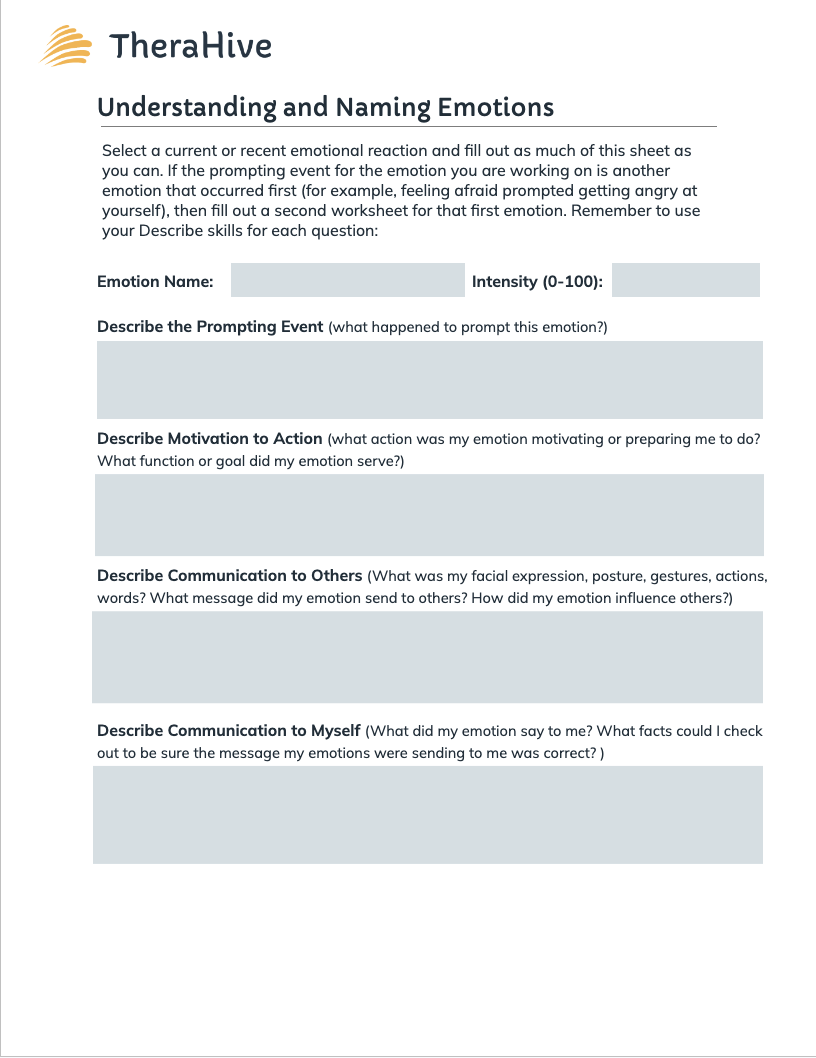Emotions play a significant role in our daily lives, impacting our thoughts, behaviors, and overall well-being. It is crucial to have the ability to regulate our moods effectively to maintain a healthy mental state. One useful tool in achieving this is through the use of mood regulation worksheets.
These worksheets are designed to help individuals identify and understand their emotions, recognize triggers that may cause mood fluctuations, and develop healthy coping mechanisms to manage their feelings. By engaging in activities provided in these worksheets, individuals can learn to regulate their emotions in a constructive way.
Mood Regulation Worksheets
Mood regulation worksheets typically include exercises such as mood tracking, identifying negative thought patterns, practicing relaxation techniques, and setting achievable goals for emotional well-being. These worksheets often provide prompts and activities that guide individuals through the process of self-reflection and emotional regulation.
One common exercise found in mood regulation worksheets is the “ABCDE” model, which helps individuals challenge and reframe their negative thoughts. By identifying the Activating event, Belief, Consequence, Disputation, and new Evaluation, individuals can learn to change their perspective and manage their emotions more effectively.
Another useful tool in mood regulation worksheets is the practice of mindfulness. Mindfulness exercises help individuals stay present in the moment, observe their emotions without judgment, and cultivate a sense of calm and acceptance. By incorporating mindfulness techniques into their daily routine, individuals can enhance their emotional regulation skills.
In addition to individual reflection, mood regulation worksheets can also be used in therapy sessions or support groups to facilitate discussions and promote emotional awareness among participants. By working through these worksheets together, individuals can share their experiences, learn from each other, and build a supportive community focused on emotional well-being.
Overall, mood regulation worksheets offer valuable resources for individuals seeking to improve their emotional regulation skills. By engaging in the activities provided in these worksheets, individuals can develop a deeper understanding of their emotions, learn effective coping strategies, and enhance their overall well-being.
In conclusion, incorporating mood regulation worksheets into one’s daily routine can be a powerful tool in promoting emotional health and well-being. By utilizing the exercises and techniques provided in these worksheets, individuals can cultivate a greater sense of self-awareness, improve their emotional regulation skills, and ultimately lead a more balanced and fulfilling life.
